Explaining Tragedy to a Kid
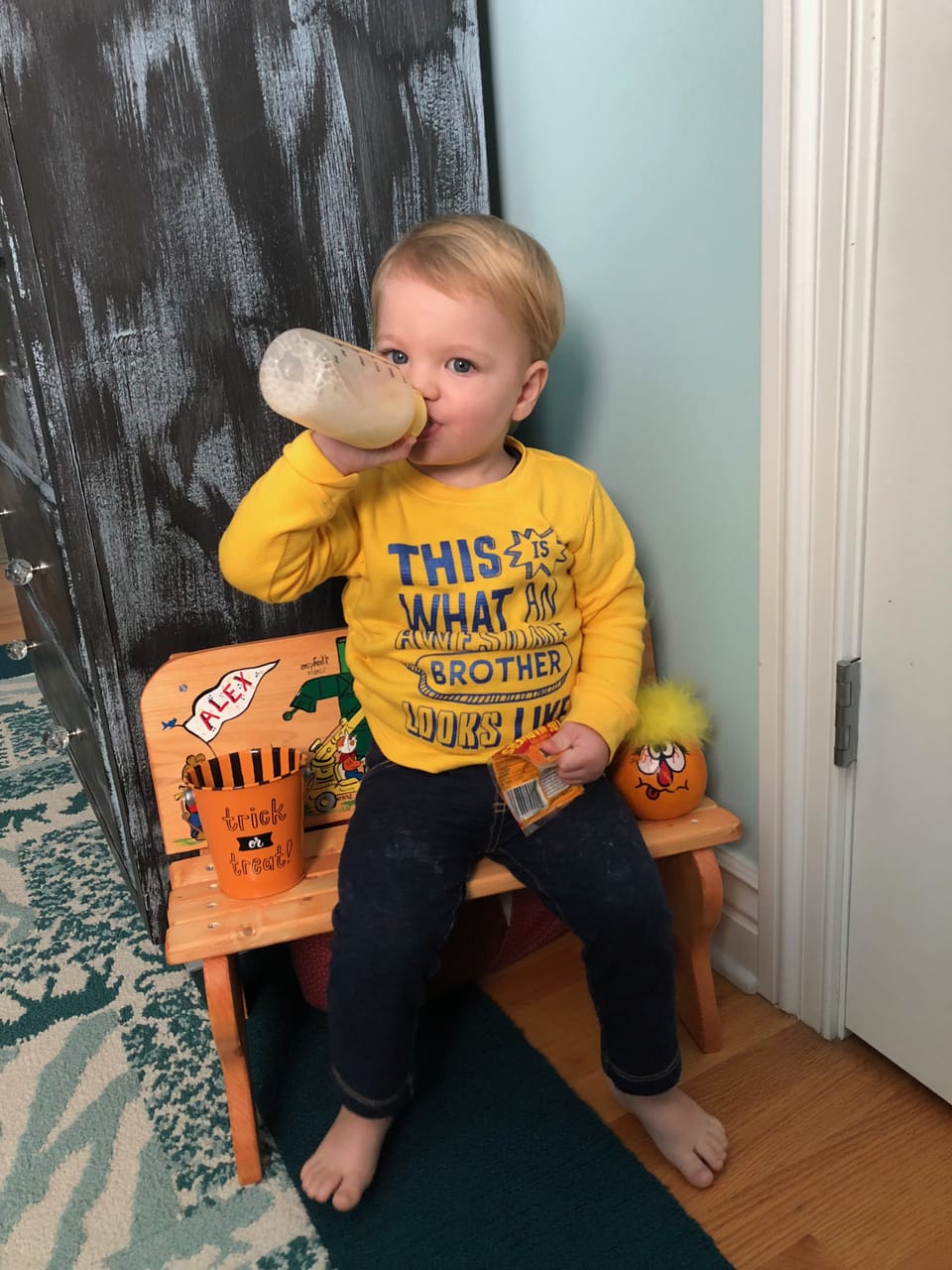
One Thursday morning, our 8-year-old son saw a picture of himself on a scrolling screensaver. The boys and I were in the kitchen having breakfast and gettin ready for the day. In the picture, he was in our Chicago apartment, which automatically placed his age at 18 months or earlier. His shirt had lettering on it, reading, “This is what an AWESOME BIG BROTHER looks like.” He asked why he would’ve had that shirt on when his brother wouldn’t be arriving for another 2 years.
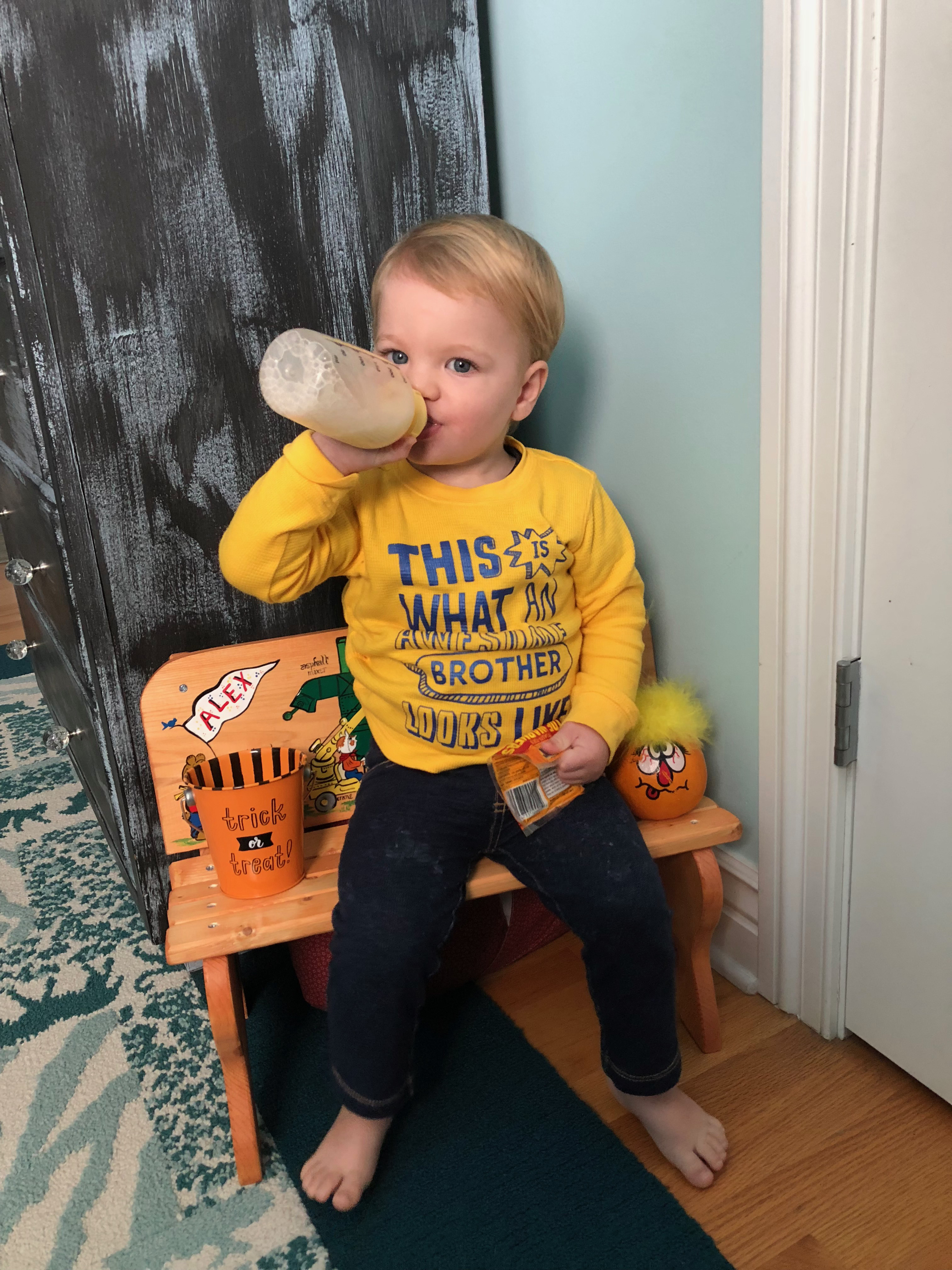
In 2017, I had a miscarriage at 16 weeks. I used to write about it a lot before cancer happened to our family. The magnitude of the tragedy didn’t lessen, but it became less immediate. The pain had eased a bit.
By 16 weeks, we had told everyone that we were expecting. We then had to tell everyone that Baby wasn’t coming, explaining the story over and over. We did tell our 18-month-old that Baby was no longer coming but knew he couldn’t possibly understand.
Technically we did tell him at the time, but we didn’t repeat it enough to turn the story into the type of family lore that kids gradually absorb, rather than learn in an instant. We were planning to wait until he was old enough to properly process the information. But with all he’d already had to endure with his brother’s cancer treatment, when would we have chosen to sit him down and supply him with this story?
We knew we’d have the conversation again. We didn’t have a plan for what to say, preferring to put it off and not deal with it for as long as possible. Avoidance was the plan for the time being. We hoped he wouldn’t ask. If we admitted it to ourselves, we knew he would.
And so, apparently that time, the correct time to explain miscarriage to our now much older child (plus the 5-year-old who was half listening) came at 7am on a Thursday morning about a half hour before he’d have to get on the school bus.
He looked closer at the picture and said something like, “I’m a baby in this. Why am I wearing that shirt?”
I’m not sure what he was expecting, but it wasn’t this: I said something akin to, “There was going to be another baby, but she didn’t make it.” I was trying to be clear and unambiguous. I was maybe also trying to get it over with quickly.
His eyes snapped to mine, full of confusion, then clarifying and widening as he said, “The baby died?!”
If I was trying not to scar him, I was failing.
One could wonder about the wisdom of sharing right then, at the whim of the asking child. The persistence possessed by this particular boy is breathtakingly annoying. For example:
“Mom
“Why?
“Mom, Why?
“No, tell me now, Mom!
“Why can’t you tell me now?
“Mom!”
Etc.
I decided in the moment that putting it off would turn it into a bigger, scarier thing for him in the end. If it was something I could explain a half-hour before school, it must just be a crappy thing that happens to people. I’m not sure yet if that was the right call, but that’s how I did it.
After explaining why he hadn’t heard this story until this point, I tried to give a general explanation of what had happened, providing far too much detail: that the baby was forming with too many chromosomes (69 instead of 46 - an extra column of 23) and never could’ve developed into a human. She was there for a short time, and we had named her Zoe. I showed him my tattoo, her name forever etched into my skin.
He immediately started making links to his brother’s cancer, trying to lump all medical tragedy into one basket, an impulse that makes perfect sense to me. I’d done the same thing. When our younger son was diagnosed with leukemia after already living through this miscarriage awfulness, I tried to make the same link, heaping the blame onto myself, that there was something wrong with me at a cellular level, in the way my body created these cursed children. I learned to sever that link and had to do the same for my boy in that conversation.
It’s a hard thing for an eight-year-old to accept, that sometimes bad things just happen, and we were unlucky enough to have both of these bad things happen within a relatively short time. It’s a hard thing for an adult to accept, too. I told him the feel-good stuff about how we’re all healthy now, and we’re lucky to have each other. We had learned not to take each other for granted, that it made us all closer. We can remember the baby who didn’t make it, Zoe, and feel sad while also feeling thankful for the family we have. We can hold onto both. That’s a good thing for Moms to say. It’s a good thing for Moms to remember. I wondered to myself if she would become a real family member now that she wasn’t a secret, now that she wasn’t just a sad memory shared between parents.
He asked a few more questions and declared that it was just weird to think about - the possibility that there could’ve been another kid in our family. I agreed and watched him walk to the bus stop, kicking a rock as he went, as if he hadn’t just had a life-altering conversation. Then I went upstairs and cried in the shower until I couldn’t anymore.
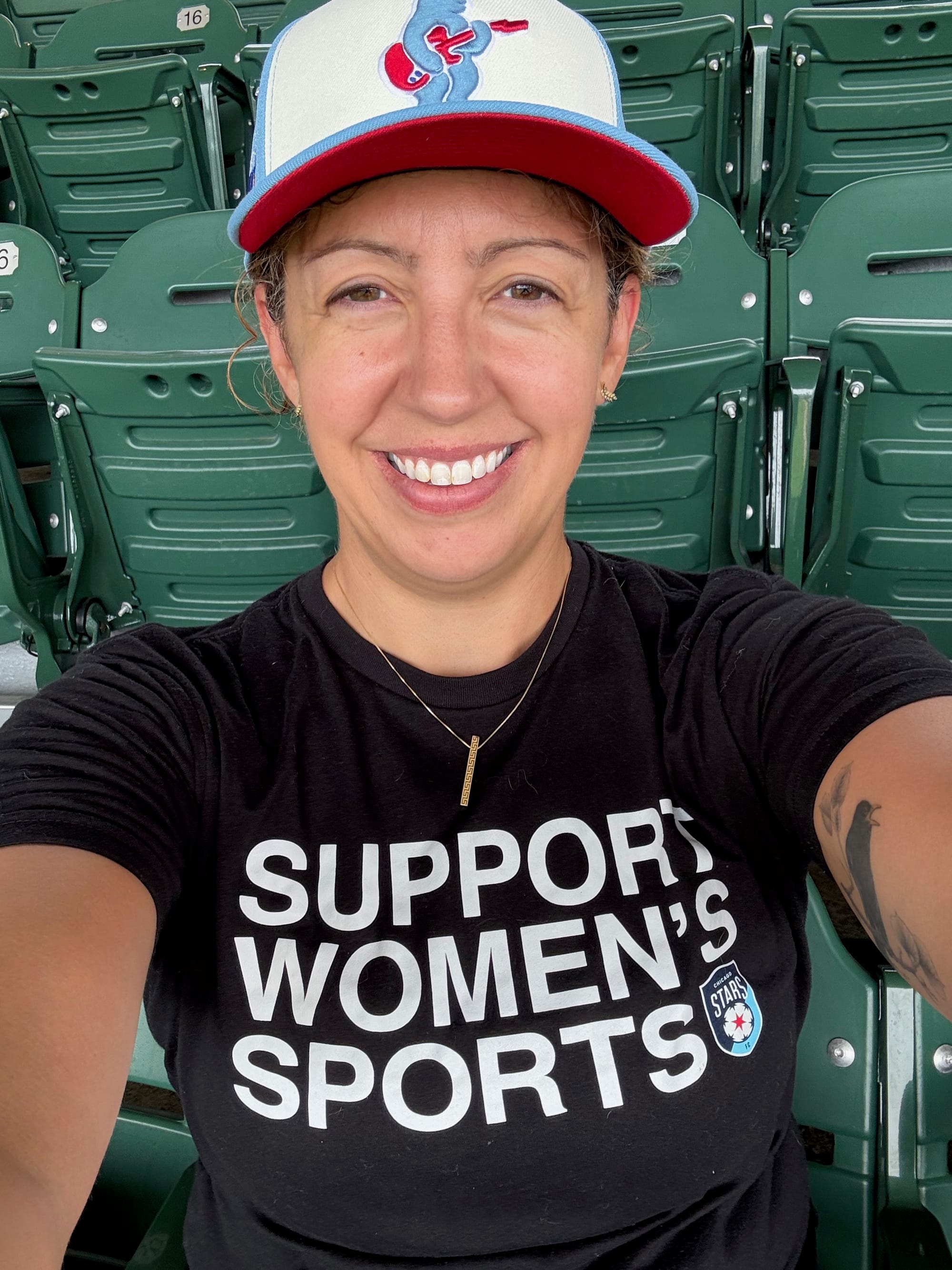
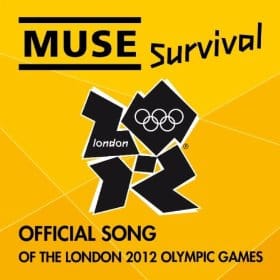
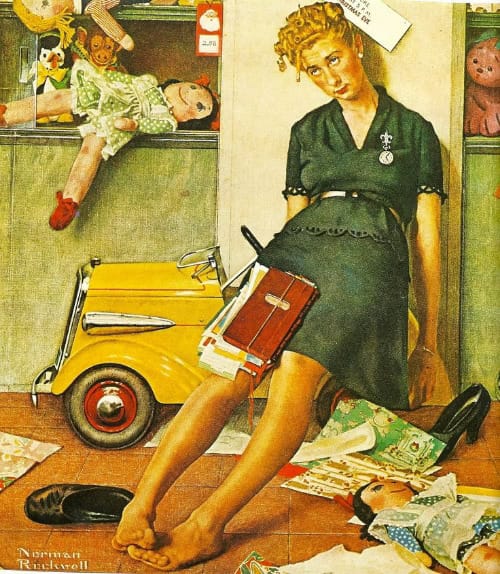
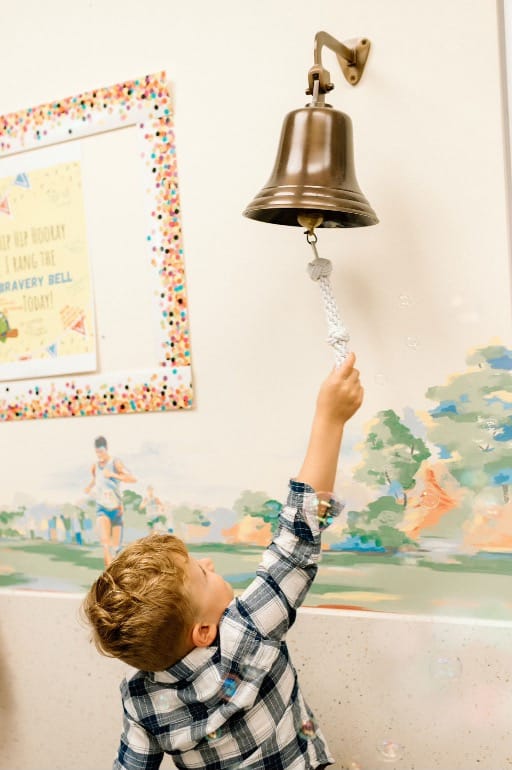
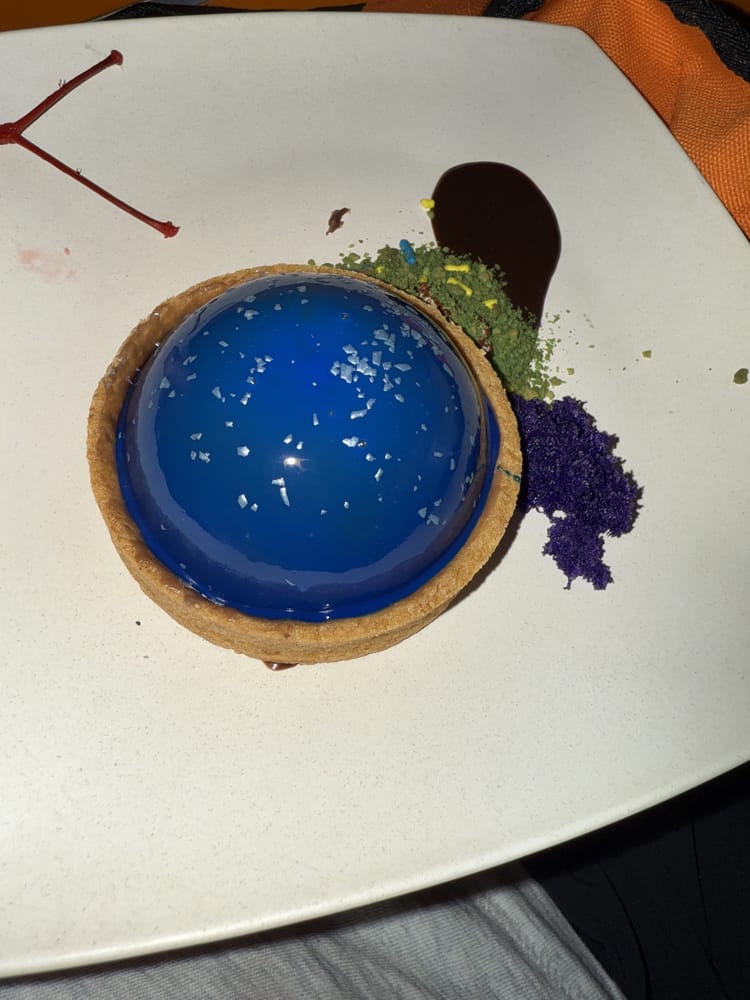
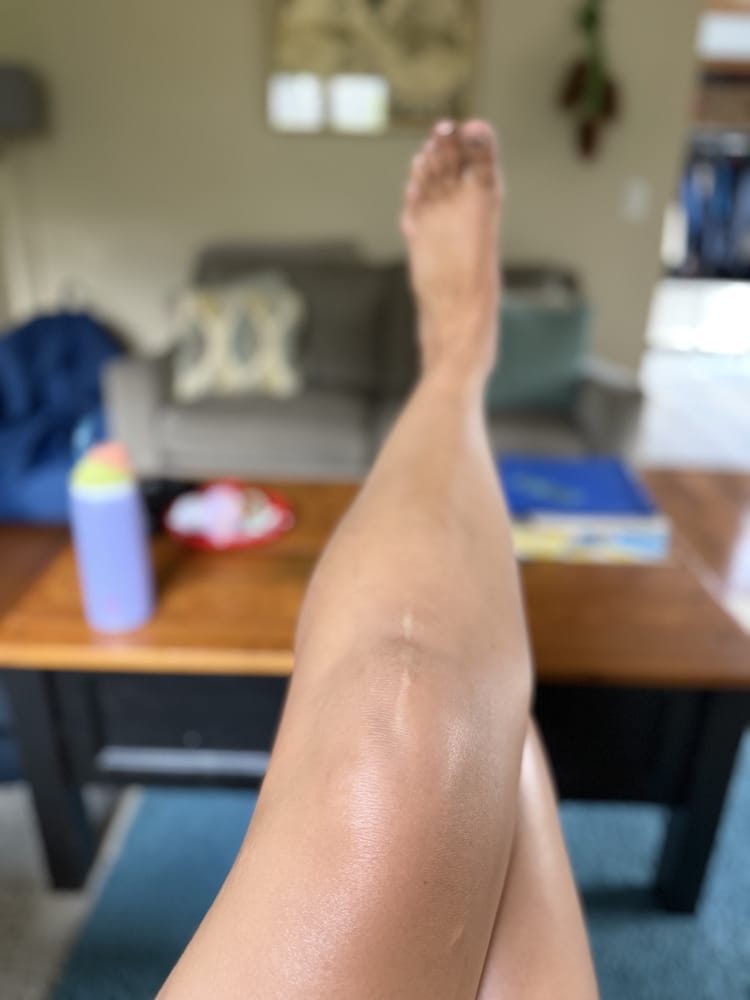
Member discussion